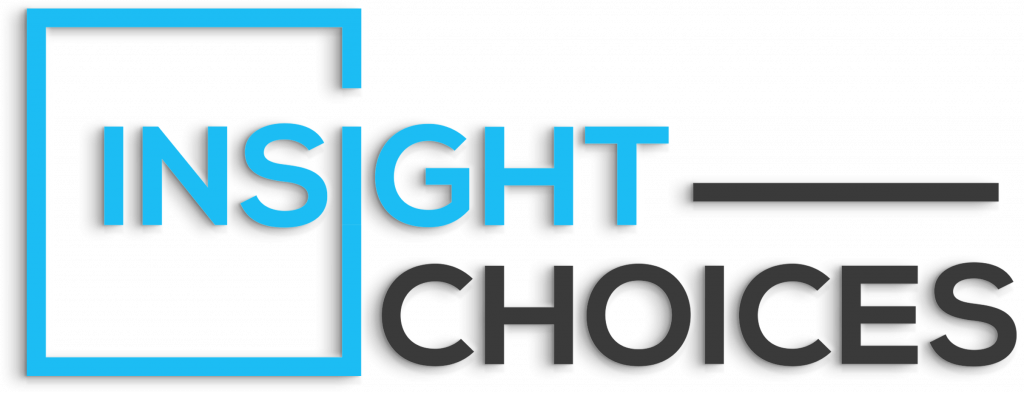Nine months ago, I reached a critical point in my life where something had to change. I was anxious, disheartened, embarrassed, frustrated and generally felt like a complete failure. I was close to losing my job, estranging myself from the most significant relationship in my life, and generally feeling overwhelmed and powerless. With the clarity of hindsight, those situations and feelings were the same ones I’ve experienced multiple times throughout my life. But I realized two important things this time- I had the most to lose this time than I ever had in my life, and couldn’t allow the same patterns to repeat themselves.
I consulted with my primary care physician to see if there was something to my current feelings. He thought I had “social anxiety,” but after a couple of medical treatments didn’t work, suggested I seek more advanced help. It took almost two months of gathering up the courage to see a psychiatrist. No one I knew saw one. I thought psychiatrists were only for the homeless-type people you see talking to themselves on a street corner. Certainly not for someone like me who prided myself on being a “man.” I didn’t know where else to turn though, and was pretty desperate.
When I went to see a psychiatrist (Dr. Chang), I was diagnosed with a condition that unlocked the key to me understanding how I reached that point in the first place and plus why my life unfolded the way it had. Dr. Chang spoke to me about Attention Deficit/Hyperactive Disorder and helped me realize how ADHD led to my current situation and throughout my life. I didn’t have the “a-ha” moment until the next day, when I remembered certain experiences as a child. Those led me to feeling the whole shock/denial-through-acceptance. For the first time in my life, I began to understand me.
It was never that I didn’t want to tackle responsibilities or that I didn’t have a strong work ethic but, looking back, I was just never seemed to fully “sync” with my relationships (I use this term to describe all types in one word) personal and work responsibilities. I just never seemed to be truly present. I would often forget what another person was saying to me in conversation because I was thinking of a hundred other things I wanted or needed to accomplish. I would tune out and not realize I was doing so until I was asked a question or expected to provide acknowledgement. Because my mind could be in a hundred different places, the quizzical looks and sometimes laughter at the inappropriateness of my responses lead to embarrassment and reluctance to provide any other “random” contributions to the conversation. Even when it was my turn to speak, I would often pause midway into my point and forget what I was talking about.
I held 17 job positions in a little over 10 years, almost all different with most of them entry-level and minimum wage. I underperformed in nearly all of them. I missed important deadlines regularly. It took me 12 years to get a Bachelor’s degree because I kept dropping classes out of boredom, changing majors, feeling confined, etc. I can’t count how many credit card interest rates went up because I missed payments; how many tests or work projects I failed due to not following instructions, making mistakes and missing deadlines; how many relationships ended because I didn’t seem to be paying attention; or how many impulsive spending sprees I went on that led me to large debt and to stop paying my bills because I was financially in too deep. I could never seem to save a penny, even though some of my employers required a mandatory contribution to my 401(k).
Even though I knew I had to work three times as hard as others for most things, it rarely lead me to excelling unless it was a subject I was interested in. At best, working that hard led to meeting minimum to adequate expectations. At worst, giving up because my tasks or goals became overwhelming (even the basic ones like showing up to work on time). I used to laugh at one sign a supervisor had in his office about working smarter, not harder. Yeah, right.
Now, I know that focus, beginning and completion of tasks, organization and controlling impulsive behavior to socially appropriate levels are not strong points for someone with ADHD. And, that those traits affect all aspects of a person’s life. I learned that those traits aren’t character flaws only challenges I can attempt to mitigate through medication and the development of new skills (which is the biggest impact medicine makes). What both help with is managing life on an even playing field with the majority of people who don’t have ADHD. It’s not perfect at times, but for me, being able to function at that state of equality most of the time is truly reaching my potential. I can remain seated while reading and playing with my child, be present in meaningful conversations with my significant other, meet most work deadlines and manage my other personal and work responsibilities.
In fact, this is the first time in my life that I have a savings account and retirement account I didn’t cash out to pay for something I found interesting or thought I needed at the time. My supervisor even noticed the quality of my work has dramatically improved, even going so far as to say it was if a “light switch was flipped.” My wife is much happier now that we can have a full conversation and I can follow through with what I say I’m going to do most of the time. I’m much happier with the way my life is going, and how I handle the challenges it brings with ADHD a factor.

Dr. Chang is a highly respected psychiatrist with extensive experience serving patients in the greater Los Angeles area. With a distinguished background in psychiatry, he has dedicated his career to advancing mental health care through both clinical practice and academic contributions.

